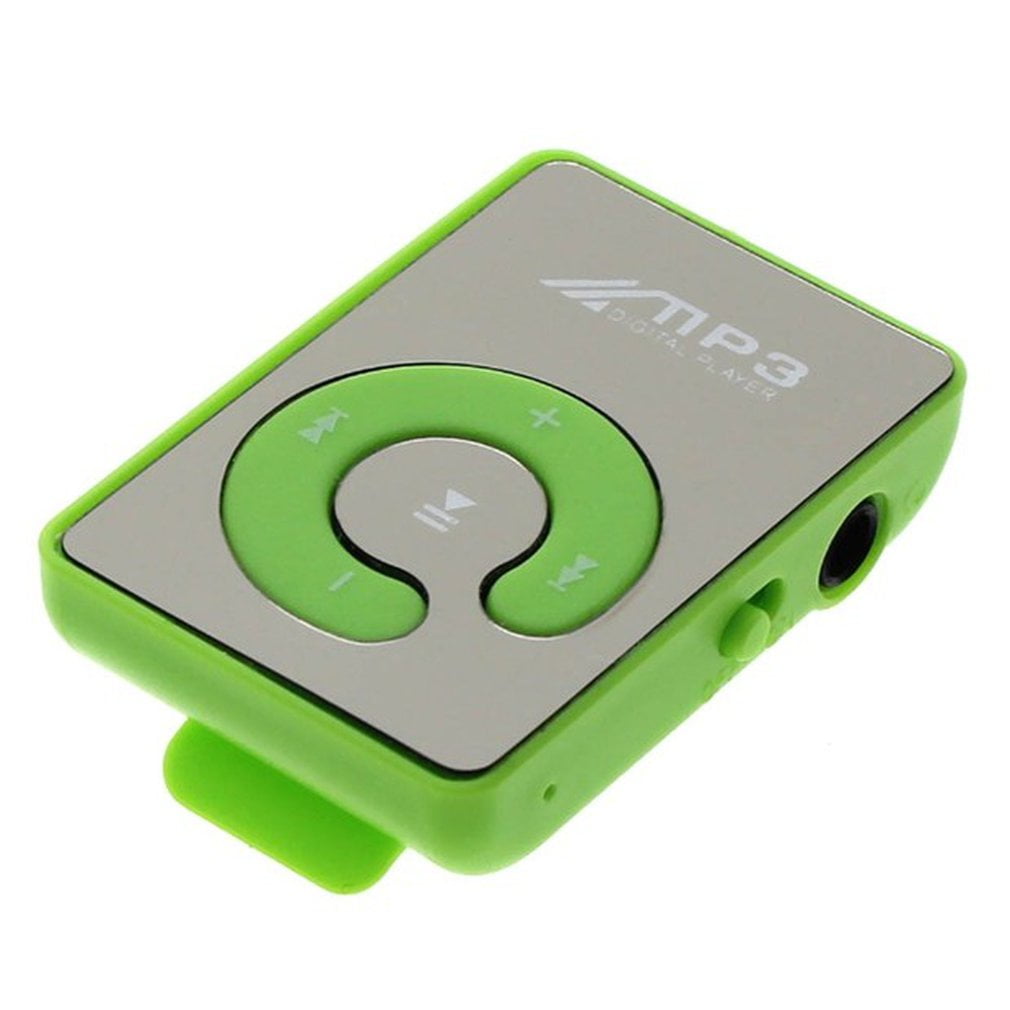
Digital Music Screen MP3 Player 6 Colors Mini Clip Sport MP3 Player Support Microsd Card 2GB 4GB 8GB 16GB 32GB Wish USB Cable Earphone | Wish

Mini Cube Mp3 Player Display Rechargeable Clip-type Portable Music Walkman With Usb Cable & Earphones Support Tf-card - Mp3 Players - AliExpress

Digital MP3/MP4 Music Video Player with Earphone Support 32GB Memory TF Card FM Radio Video Recording E-book Function | Wish

Portable USB MP3 Music Player Digital LCD Screen Backlit Support 32GB TF Card Mp3 Player USB Flash Drive Mini MP3 Digital Music Media Player | Wish

Amazon.com: MP3 Player, Mp3 Player with Bluetooth, Stylish Multifunctional Lossless Sound Slim 1.8 Inch LCD Screen Portable MP3 Music Player, Portable Music Devices, for Sport and Running(银色) : Electronics

32GB MP3 Player with Bluetooth, Skybess HiFi Lossless MP3 Music Player for Kids, Portable Media Player with Speaker/FM Radio/Voice Recorder/Alarm Clock/E-Book, Support up to 128GB : Amazon.ca: Electronics

RUIZU X02 8 GB Ultra Slim Mp3 Music Player with FM Radio, Voice Recorder, Video Play, Text Reading, 80 Hours Playback and Expandable Up to 128 GB (Black) : Amazon.in: Electronics

F20 HiFi Lossless Mp3 Player with Bluetooth:DSD High Resolution Digital Audio Music Player with 32GB Memory Card | Wish

Buy MUSICROSS Bluetooth MP3 Player Without SD Card, Portable Music Player MP3 Walkman with Voice RecorderFM Radioe-Book with Speaker, Black Online at Lowest Price in Ubuy India. B09Z68Y7N2

New Portable USB MP3 Music Player Digital LCD Screen Support 32GB TF Card & FM Radio With Microphone Black Blue Mp3 Player | Wish

iRULU F20 HiFi Lossless Mp3 Player with Bluetooth:DSD High Resolution Digital Audio Music Player with 16GB Memory Card | Wish

1.8" TFT Screen Black RuiZu X02 HiFi 4G Reproductor Sport Music Mp3 Player FM Recorder | Wish | Reproductor de música, Celulares antiguos, Reproductores mp3

Clearance Sale Portable Mini Clip USB MP3 Player Music Media Support Micro SD TF Card Fashion Hifi MP3 for Outdoor Sports | Walmart Canada

MP3 Player with 16G micro card MP3 Music Player Hi Fi Rechargeable Sport Audio Video Player with Earphone WMA WAV Music Players|MP3 Player| - AliExpress






